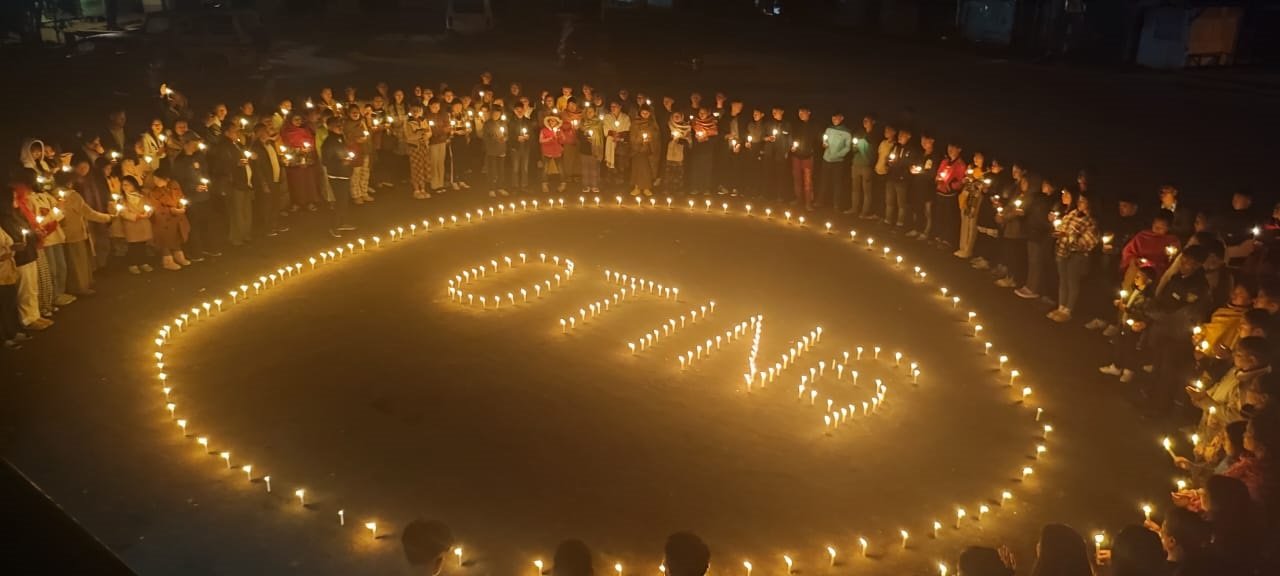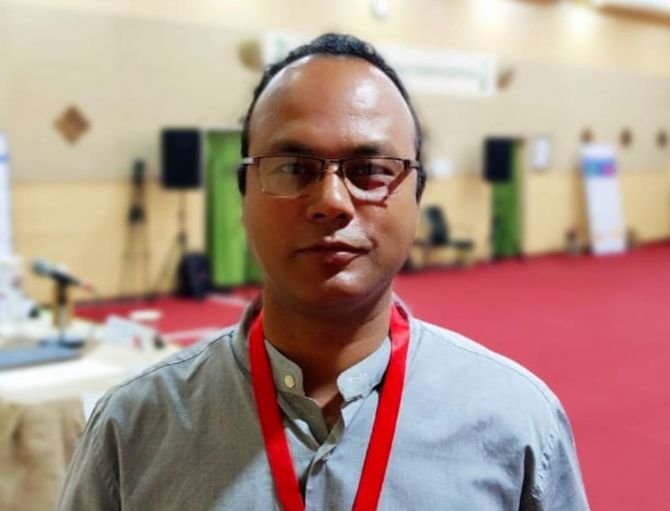HT Digital
KOHIMA, JUNE 17: The Supreme Court on Monday granted anticipatory bail to Inalo Zhimomi, a Nagaland retired district judge, who alleged that he is being victimized through malicious prosecution. Zhimomi alleged that he was coercively retired after flagging serious irregularities in the state’s cash surety system within the judiciary.
Zhimomi, the erstwhile Principal District and Sessions Judge in Mon district, was arrested along with two others on a complaint in connection with the alleged misappropriation of ₹14.35 lakh in cash bail sureties. The complaint, following which police conducted an investigation, was filed by the present presiding judge of Mon district. The money in question had allegedly been accounted for in 29 criminal cases registered in the 2024 court register.
As Zhimomi points out, the problem lies in systemic flaws within Nagaland’s judicial system. While most Indian states have a conventional bail bond system, Nagaland officially does not have one, and instead uses cash deposits to satisfy court-mandated surety requirements. Previously, he underscored that state district courts were not remitting these monies into the District Treasury, as usual financial protocols call for. Rather, the money was reportedly dealt with unofficially by court officials, leaving issues of accountability and financial management.
Zhimomi went to the Supreme Court after the Kohima bench of the Gauhati High Court rejected him for interim protection in an associated case. In the case, which was filed on May 29, he sought to challenge the legality of his forced retirement on grounds that he was taken out of service in violation of due process. The forced retirement, he alleged, followed a High Court order that is pending appeal.
A written report presented by the Principal District Judge of Dimapur, at the High Court’s behest, substantiated the loss of ₹14.35 lakh in bail sureties. This piece of information lent more gravity to the investigation but also posed additional questions regarding administrative flaws within Nagaland’s court system.
In his petition, Zhimomi stressed that the missing funds were a result of institutional failures and not personal wrongdoing. He mentioned that he had brought the issue of the absence of proper procedures in managing bail money to the attention of the Gauhati High Court as early as 2013 when he was Chief Judicial Magistrate in Kohima.
He also charged the state government with contravening a 1991 Supreme Court ruling, which mandates pre-judicial consultation with the Chief Justice for launching criminal proceedings against a judicial officer. Furthermore, Zhimomi contended that the action taken against him post-retirement went against the Nagaland Services (Discipline and Appeal) Rules, which govern proceedings post-retirement.
Describing the pending criminal case as part of a series of acts of vendetta, Zhimomi informed the Supreme Court: “My suspension, forced retirement, disciplinary inquiry after retirement, and now a criminal case—all arise because of my attempts to unearth long-standing faults in the cash surety system.”












